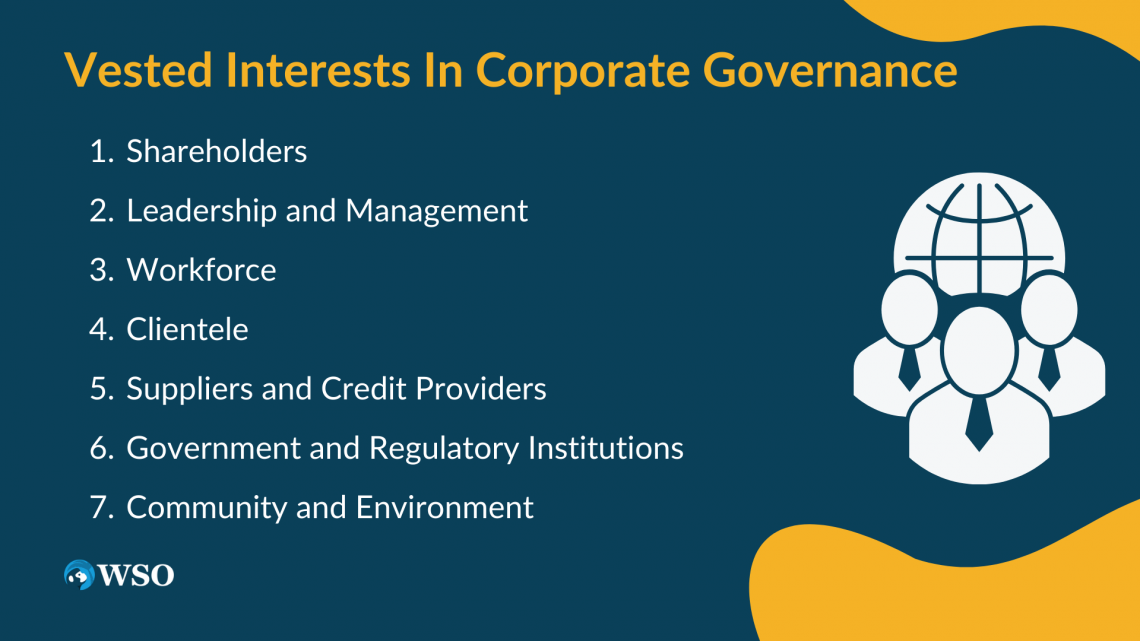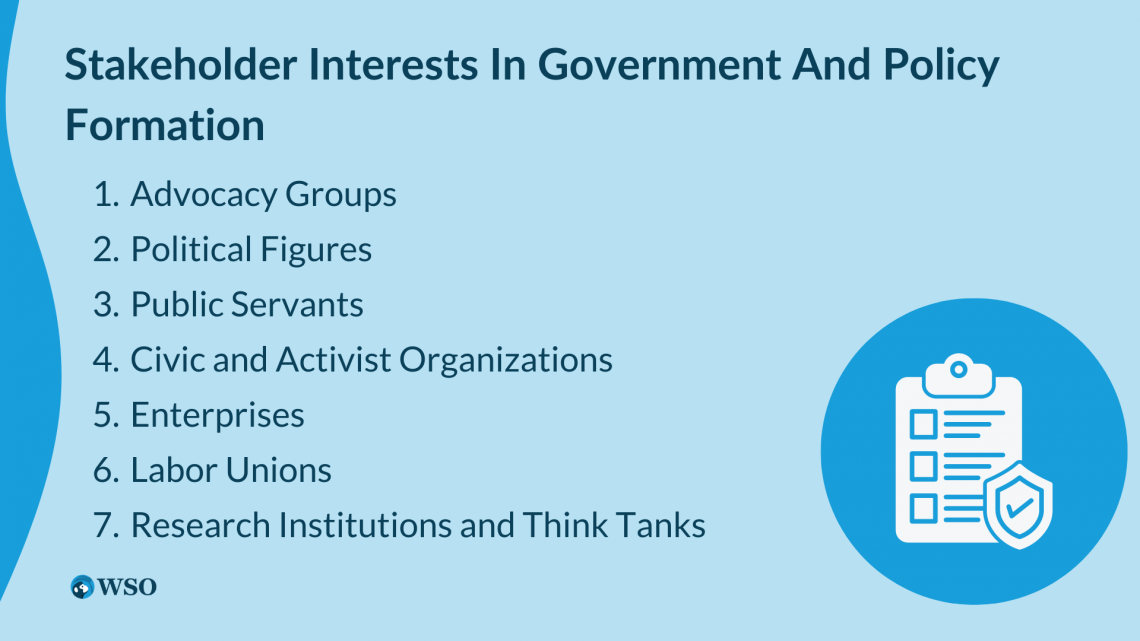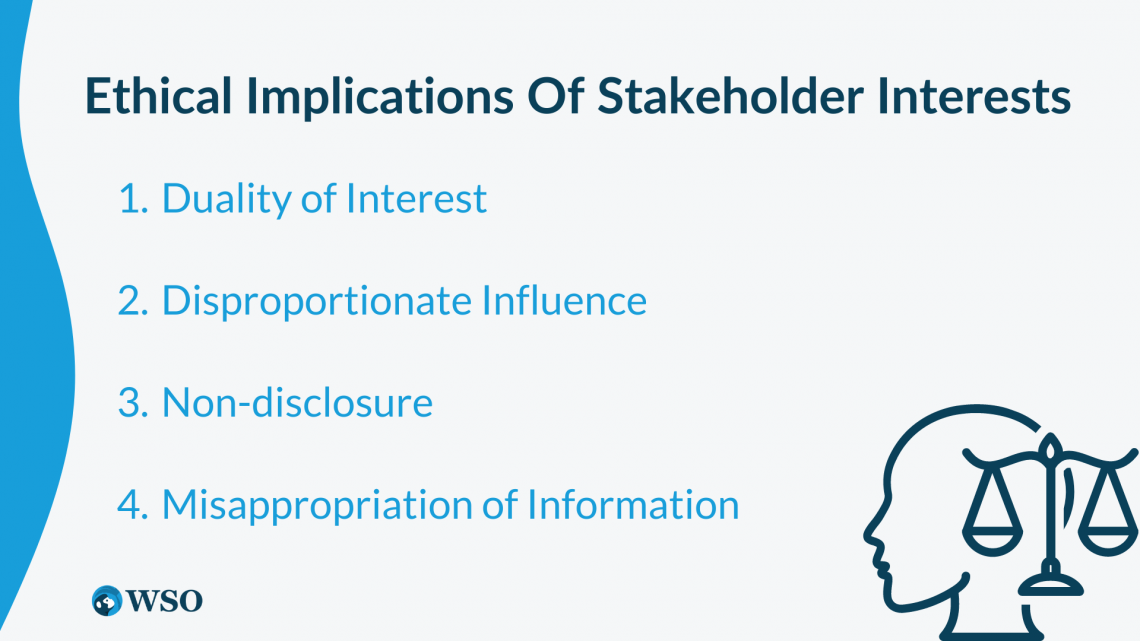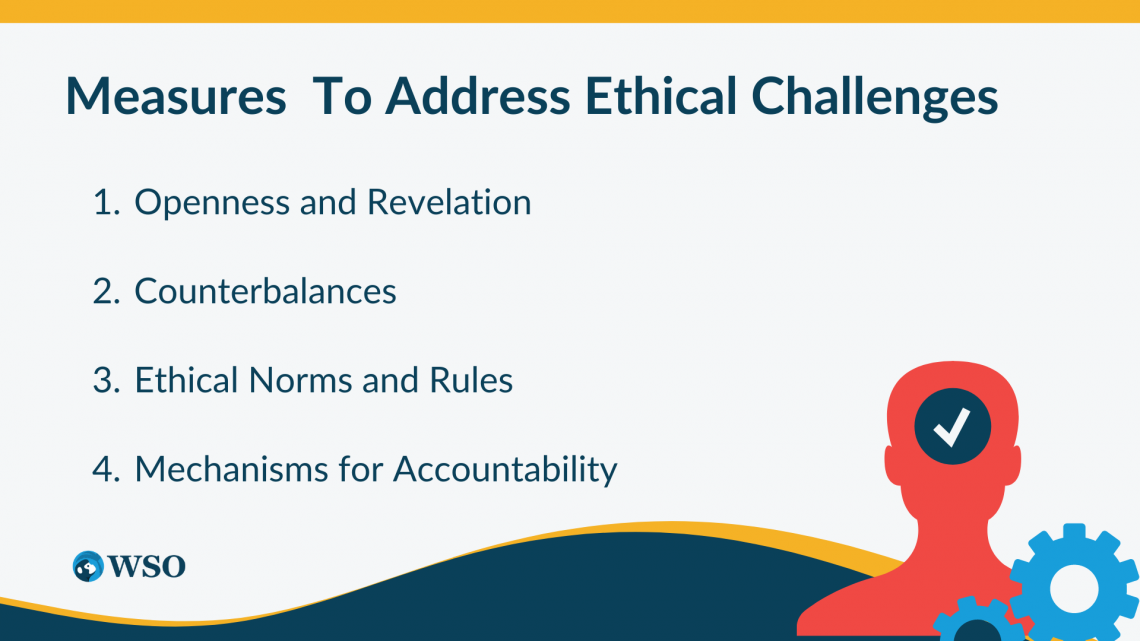Vested Interest
It is a deep personal involvement in a project, driven by the expectation of gaining some advantage
What Is a Vested Interest?
A vested interest generally refers to a personal stake or involvement in a project, investment, or outcome.
When we denote an individual as having a "vested interest" in a particular scenario or issue, we refer to their profound and personal involvement or investment in a specific initiative, circumstance, or project.

This involvement usually encompasses the expectation or assurance of reaping some form of advantage, monetary reward, or other type of return. This "stake" or involvement can originate from numerous sources.
For example, it may be fueled by a financial contribution to a commercial venture, where the financier has the potential to either profit or incur losses contingent on the business's performance.
This financial involvement often propels the financier to actively participate in the business's decision-making process, thus granting them a “rooted stake” or “vested interest.”
Likewise, a person might possess a vested interest in an issue because of a powerful emotional bond or commitment. This can be witnessed in personal relationships, leisure pursuits, or societal issues where an individual's participation is propelled by their emotions, principles, or convictions.
A vested interest can also derive from legal entitlements or obligations. For instance, a parent may have a vested interest in their child's welfare due to an emotional bond and legal duties.

Furthermore, the adjective "vested" suggests this interest is not just a potential or future consideration. Instead, it represents an existing, current interest. The individual or entity already possesses rights or property at this moment, hence the application of the term "vested."
Ultimately, possessing a rooted stake can notably influence a person's actions, decision-making process, and approach to a scenario. It instills a motive or partiality that could conceivably direct their behaviors towards favoring their personal advantage or benefit.
Key Takeaways
- Vested interest" is a deep personal involvement in a project, driven by the expectation of gaining some advantage.
- Such interests can significantly influence a person's actions and decisions.
- Corporate governance and policy formation stakeholders have vested interests affecting business success and policy outcomes.
- Ethical implications of vested interests include conflicts of interest, disproportionate influence, and misuse of information.
- Addressing these challenges requires transparency, counterbalances, ethical norms, and accountability mechanisms.
Vested Interests In Corporate Governance
Stakeholder involvement in business administration points towards different groups having an inherent investment in the success or failure of an enterprise.

Such stakeholders can sway an organization's decision-making process and strategic path, creating a multi-layered network of interests that requires effective management for the collective benefit of the enterprise.
Let us see how Vested Interests works In different Corporate Governance:
1. Shareholders
Shareholders, being proprietors of the enterprise, hold a monetary stake in the firm's performance. They reap the rewards of heightened profitability through dividends and an increase in their shares' value.
Certain shareholders, particularly institutional investors such as pension funds or hedge funds, may wield considerable influence over company policy due to their significant holdings.
2. Leadership and Management
Leaders and managers within the company have vested interests tied to their remuneration packages, frequently comprising stock options or performance-related bonuses.
Note
Their professional reputation is also intertwined with the business's success, providing a motive to enhance company performance.
3. Workforce
The workforce is concerned with the company's stability and growth, affecting their job security, career advancement, and financial status.
Workforce members affiliated with unions may have additional interests, such as ensuring reasonable wages, acceptable working hours, and adequate working conditions.
4. Clientele
Customers want companies that offer top-quality goods or services at competitive rates.
Note
Customers may influence specific industries significantly, particularly when alternatives are scarce, or the product or service is indispensable.
5. Suppliers and Credit Providers
Suppliers endeavor to ensure the company's financial health so it can honor its monetary commitments, whereas credit providers focus on the company's ability to repay borrowed funds.
6. Government and Regulatory Institutions
Government bodies are interested in businesses complying with laws and regulations, particularly concerning taxation, environmental regulations, labor laws, and consumer rights.
Conformity to these regulations affects the business's standing and ability to function within its jurisdiction.
7. Community and Environment
The broader community and the environment also have a stake in business administration. Enterprises impact their local communities through job creation, infrastructure improvements, and potential environmental damage.
Ethical and sustainable administration can contribute to positive societal and environmental outcomes, as represented by the broader trend toward Environmental, Social, and Governance (ESG) standards in commerce.
Note
Managing these various interests is a primary hurdle in business administration.
Structures such as independent boards, transparency, responsibility, and stakeholder participation can aid in handling these divergent interests and synchronizing them toward the long-term prosperity of the enterprise.
Stakeholder Interests In Government and Policy Formation
Government and policy formation weigh stakeholder interests heavily. Such groups, each with their unique set of goals, use their influence to shape policy outcomes in their favor.

Here's an in-depth examination of various entities with vested interests in this arena:
1. Advocacy Groups
Advocacy groups are critical conduits for stakeholder interests to impact policy formation. These groups, representing different sectors or issues, employ strategies to convince political leaders and shape legislation that supports their objectives.
The health sector, the energy industry, and the technology sector, among others, have influential advocacy groups.
2. Political Figures
Elected officials themselves possess vested interests. Their goals often align with securing re-election, influenced by their policy choices and the voting database.
As a result, they may endorse policies favored by their electorate or present considerable political advantages.
3. Public Servants
Public servants are interested in preserving their roles, influence, and the existing order within their departments. They may oppose policy changes that could jeopardize their influence or disrupt their departments' stability.
4. Civic and Activist Organizations
Civic and activist organizations, including those focusing on environmental concerns, civil liberties, or social justice, are vested in specific policies being implemented or abolished.
Note
They may participate in advocacy, demonstrations, and public awareness campaigns to promote their objectives.
5. Enterprises
Companies often have vested interests in policy formation, impacting profitability. They may advocate for policies that decrease tax obligations, relax regulatory restrictions, or create new market opportunities.
6. Labor Unions
Labor unions represent workers and strive to influence wage policies, working conditions, and labor rights. They might advocate for higher minimum wages, enhanced safety regulations, or legislation that simplifies the unionization process for workers.
7. Research Institutions and Think Tanks
Research institutions and think tanks often have ideological preferences and may promote policy modifications that resonate with their philosophical or research-based findings.
Note
In a democratic framework, these divergent vested interests contribute to a vibrant and often challenging environment for policy formation.
While this diversity of perspectives can foster comprehensive debate and compromise, there is a potential risk that dominant groups may disproportionately influence policy at the expense of less influential ones.
Balancing these interests is a crucial aspect of the democratic process, demanding transparency in advocacy practices, regulations on campaign financing, and public examination of policy decisions.
Ethical Implications Of Stakeholder Interests
The ethical dimensions of stakeholder interests demand meticulous scrutiny. It's common for individuals and entities to advocate for their interests, but without proper management, it might lead to situations of conflict of interest or unethical actions.

Let's delve deeper into these ethical quandaries:
1. Duality of Interest
This situation arises when an individual or organization possesses diverse interests, and catering to one might harm another.
For instance, a public servant who could financially gain from a certain policy action might encounter a conflict of interest. This ethical dilemma could compromise the integrity of their judgment and potentially lead to biased results.
2. Disproportionate Influence
Entities with considerable resources, whether financial or political, may wield disproportionate sway over decisions favored by their interests, often to the detriment of others. This can result in power disparities and the perpetuation of inequalities.
3. Non-disclosure
Masking stakeholder interests can be ethically dubious. A lack of openness can hinder stakeholders from making informed decisions and undermine confidence in the decision-making procedure.
4. Misappropriation of Information
Stakeholder interests can potentially lead to the misuse of exclusive information for personal benefit. This is particularly pertinent in sectors like finance or politics, where access to confidential or insider information can result in unfair benefits.
To address these ethical challenges, several measures can be introduced:

1. Openness and Revelation
Honesty about stakeholder interests is critical. Revealing potential conflicts of interest can assist in managing expectations and facilitate informed decision-making by all involved parties.
2. Counterbalances
Establishing sturdy systems of counterbalances can aid in lessening the risk of any single interest monopolizing the decision-making process.
3. Ethical Norms and Rules
Implementing ethical norms and rules can help establish benchmarks for what is considered acceptable conduct when dealing with stakeholder interests.
4. Mechanisms for Accountability
These mechanisms can ensure that individuals and groups are held liable for their actions, especially when their stakeholder interests lead to unethical conduct.
Note
While stakeholder interests are an intrinsic part of human interaction and organizational conduct, ethically managing these interests is crucial to preserving trust, fairness, and integrity in any decision-making process.




or Want to Sign up with your social account?